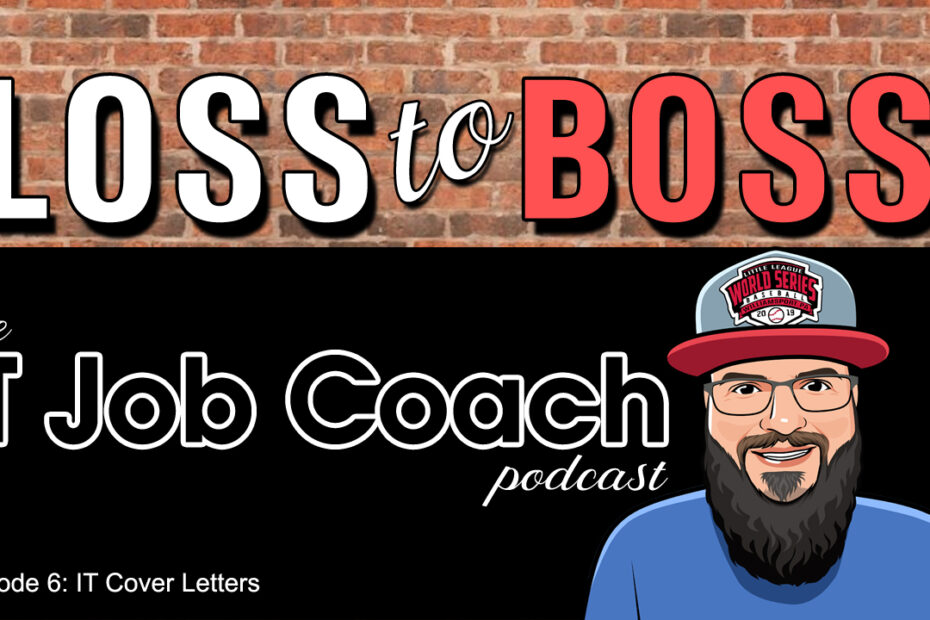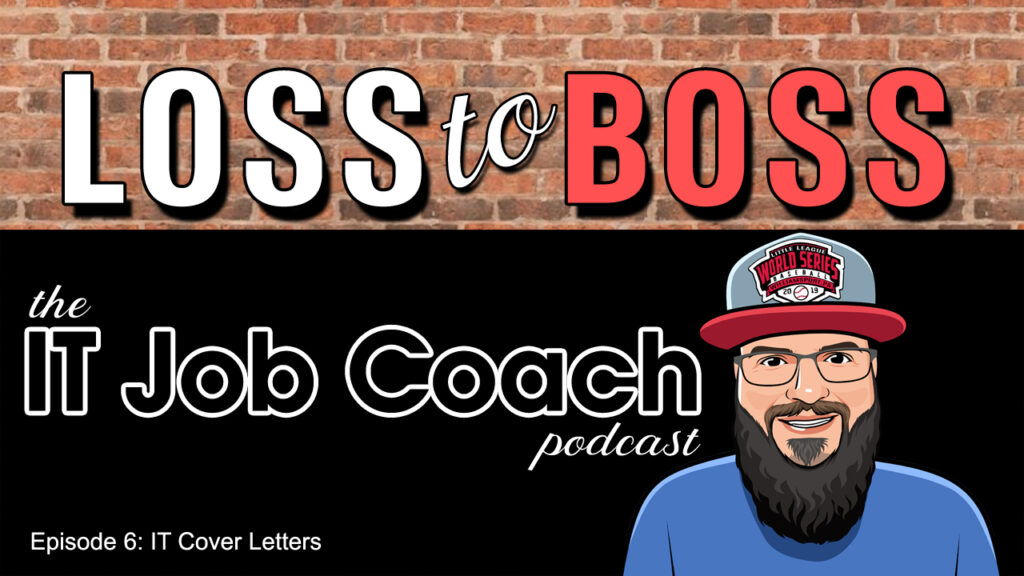A cover letter is more than just an introduction—it’s an opportunity to showcase your personality, skills, and value to prospective employers. Join us as we discuss the dos and don’ts of crafting an effective IT cover letter and the power of customization in making your application stand out.
The Purpose and Importance of a Cover Letter
A cover letter serves as an accompanying document to your resume, allowing you to introduce yourself, highlight your skills, and demonstrate why you are the perfect fit for the position. It goes beyond the factual information listed in your resume and offers a platform to connect your experiences with the job requirements. By leveraging the cover letter effectively, you can convey your enthusiasm for the role and show potential employers how you can contribute to their organization.
Dos for Crafting an Effective IT Cover Letter
- Link your skills and experiences to the job: Explain how your skills align with the position you’re applying for. Provide specific examples of past achievements and emphasize how you can replicate those successes with the new company.
- Demonstrate enthusiasm and value: Showcase your passion for the role, but don’t solely focus on what the job can do for you. Highlight what you bring to the table and how the company stands to benefit from hiring you.
- Go beyond listing skills: Provide detailed explanations of how you’ve applied your IT skills in previous positions. Utilize anecdotes and stories to showcase your abilities and demonstrate your suitability for the role.
- Research the company: Familiarize yourself with the company’s history, mission, and values. Incorporate this knowledge into your cover letter to show that you’ve taken the time to understand the company and how you can align with their goals.
Don’ts for Crafting an Effective IT Cover Letter
- Avoid fixating on job titles or education qualifications. Instead, focus on the value you can bring. Explain what you’ve learned and how your knowledge and skills can contribute to the company’s success.
- Stay positive: Refrain from mentioning any negative media mentions or unfavorable information about the company. Maintain a positive tone throughout your cover letter, emphasizing the positive aspects of your experience and how it aligns with the company’s goals.
Utilizing Keywords and IT Skills
Incorporating relevant keywords into your cover letter is crucial, especially as many companies use applicant tracking systems (ATS) to scan cover letters for specific words. Review the job description and extract the keywords that align with your skills and experiences. Incorporate these keywords naturally into your cover letter, demonstrating your suitability for the role. However, avoid overloading your cover letter with excessive keywords as it may appear forced and incoherent. Remember, human beings will also review your application, so ensure your cover letter reads well and maintains a natural flow.
Crafting a compelling IT cover letter requires time and effort, but it significantly impacts your chances of landing an interview. Customization is key—tailor each cover letter to the specific job and company you’re applying for. By doing so, you showcase your genuine interest, stand out from the competition, and increase your chances of success.
EPISODE TRANSCRIPT
Welcome to The Loss to Boss Podcast, your go-to source for it, career advice and guidance, whether you’re just entering the workforce, seeking to make a career pivot, or you have recently experienced job loss. This podcast is here to support you. Now, here is your host, Frank De Maio.
Hello and welcome back to the IT Job Coach podcast, where we unravel the mysteries of the job search process. And today we’re talking about cover letters. So what exactly is a cover letter? Cover letter is a document that accompanies your resume when applying for a job, right? Basically, it’s a letter. It’s your chance to introduce yourself, showcase your skills, highlight why you’re the perfect fit for the position, but why is it important? Why do you need it? Let’s find out.
Here’s the rundown.
Cover letter is more than just a personal introduction. Really, it really allows you to convey your personality and demonstrate the value that you’re gonna bring to the company. It’s your opportunity to go beyond facts listed on your resume and show the employer how you can contribute to their organization. So, let’s explore some do’s and don’ts for crafting an effective cover letter.
Here’s the rundown.
First, explain how you can help elaborate on your skills and experiences and link them to the job you’re applying for, and share specific examples of how you achieve results in the past and how you can replicate those achievements with the new company. On the flip side, don’t focus solely on what the job can do for you. It’s essential to demonstrate your enthusiasm for the role, but make sure you also highlight what you bring to the table and how the company’s gonna benefit from hiring you. Discussing your skills is vital. Go beyond listing them on your resume and provide further explanations of how you’ve applied those skills in previous positions. You can use anecdotes and stories to really showcase your abilities and demonstrate your suitability for the role. I’ve talked about used stories in the past about how to bring those to an interview for success, and there’s an opportunity for you to use those used stories in your cover letter as well.
Avoid fixating on your current job title or education qualifications. Instead, focus on the value they bring. Explain what you’ve learned and how your knowledge and skills can contribute to the company’s success. It’s really important to make sure you research the company before writing your cover letter. Familiarize yourself with their history, their mission, their values, and make sure you incorporate this knowledge into that cover letter. This will show that you’ve taken the time to understand the company and how you can align with their goals. On the other hand, it’s not essential to mention any negative media mentions or unfavorable information about the company. I’ve seen this done before. Stay away from that. Right? You always wanna make sure you stay positive in your interviews, in your cover letters, in your resumes. Stay positive and focus on all the positive aspects of that. The next item is specific keywords.
That’s very important to a cover letter. Many companies, you are going to use ATS or applicant tracking system software to scan cover letters for specific words, right? So make sure that you incorporate keywords into your cover letter just as you would incorporate keywords into your resume. You wanna review that job description, look through the job description, because that’s your blueprint, that’s your map for figuring out what it is they’re looking for. So make sure you review that and pull out the keywords that are in that job description and use them throughout your cover letter. This will definitely get your chances increased for getting noticed. Make sure you don’t use too many keywords, okay? You don’t wanna overload your resume, you don’t wanna overload your cover letter. Use the keywords that are specific to you and make sure that it reads naturally and coherently. The real human beings will also be revealing for your application.
So make sure that it reads well. You’re not just applying to a computer system to make sure you can game the system. Remember, it’s important to be natural and coherent with that stuff. What else you got with cover letters? Especially with IT related cover letters, right? You wanna take a look at what’s in that job description for specific IT skills and incorporate those into your cover letter. You wanna do that also in your resume as well. So think about your skills in the IT space, what it is that job is for, how you incorporate your IT skills, your certifications, right? All of those good things into what you can provide for that company. So it’s important with a cover letter for an IT position that you incorporate all of those things in there. And I’ll give you an example. If you’re going for a help desk position, right?
Let’s just use that as an example, and you have an a plus certification and you have trouble shot issues for folks before, right? Maybe in that cover letter you say, as an A, as a CompTIA, a plus certified tech technician, I have triaged, trouble shot and remediated, you know, a thousand issues for end users, right? Try to quantify that in some way. So those are some examples of how you can bring your skills from your resume into the cover letter, and you can even expand on that even more by saying a couple examples of who you’ve been able to help and what you are able to help them with, and make sure that your customer service comes through in those words. What else you got? Make sure before you submit any cover letter, before you show any cover letter to anyone, have someone you trust review it, okay?
It’s very simple. A fresh pair of eyes can really catch any grammar, spelling errors when you’re reading it over and over when you’re writing it, you’re gonna miss those kinds of things. So check with a friend, a family member, a mentor, maybe you have even a previous coworker, or even if you know someone, maybe that’s a recruiter, have them take a look at your cover letter and review it. There’s no reason why you can’t ask somebody to do that. Don’t feel ashamed, don’t feel like you can’t ask them or put them out in any way. They’d be glad to help. Just ask them what else you got. Also, ensure that your cover letter includes new content and compliments your resume, right? Try not to have, repeat the same information that’s on your resume, on your cover letter, right? Bring something new and fresh that will make it interesting, that will make those recruiters and hiring managers happy to be reading that cover letter. But what you can do is expand upon what you have in your resume. You don’t wanna do it, but you can use those skills and information from your resume and create relevant stories and highlight those accomplishments and make sure it sets you apart from those other applicants. So remember, crafting a compelling cover letter takes some time and effort, but it will significantly impact your chances of landing an interview and tailor each cover letter to the specific job and company you’re applying for. So what’s that? You say?
Customize. Customize, customize.
Exactly. You always want to customize. I’m gonna say that again and again. Everywhere and anywhere. With your resume, with your cover letter, you always wanna customize it specifically for the job that you’re applying for. You’re gonna hear me say this again and again. Don’t create one cover letter and resume and throw it out to a hundred different job postings. Make sure you
Customize, customize, customize.
Well, that wraps up today’s episode on cover letters. I hope you found these tips helpful in creating a standout cover letter. If you liked this episode, be sure to check out the next one.
If you enjoyed this episode and you’d like to help support the podcast, please subscribe and leave a rating and review. To stay up to date with Lost to Boss and get all the behind the scenes content, you can check us out on www.losstoboss.com

